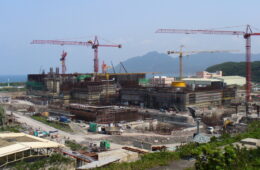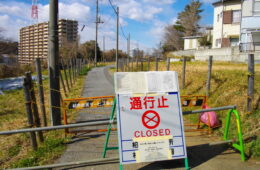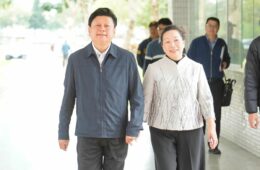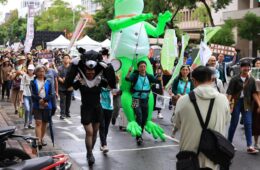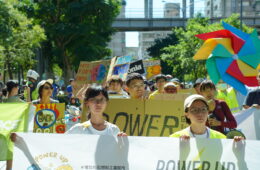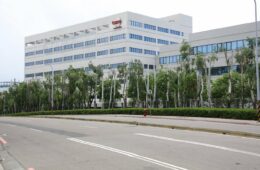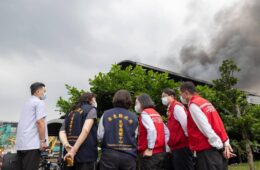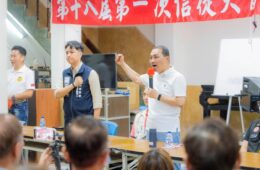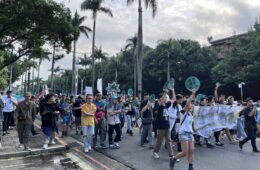Electricity Price Hikes Likely to Lead to Political Contestation
A hike in electricity prices that started on Monday will likely lead to another round of political contestation between the pan-Blue and pan-Green camps. In particular, the pan-Blue camp will probably try to redirect public anger regarding the price hikes to push for nuclear energy, in line with its energy platform...


